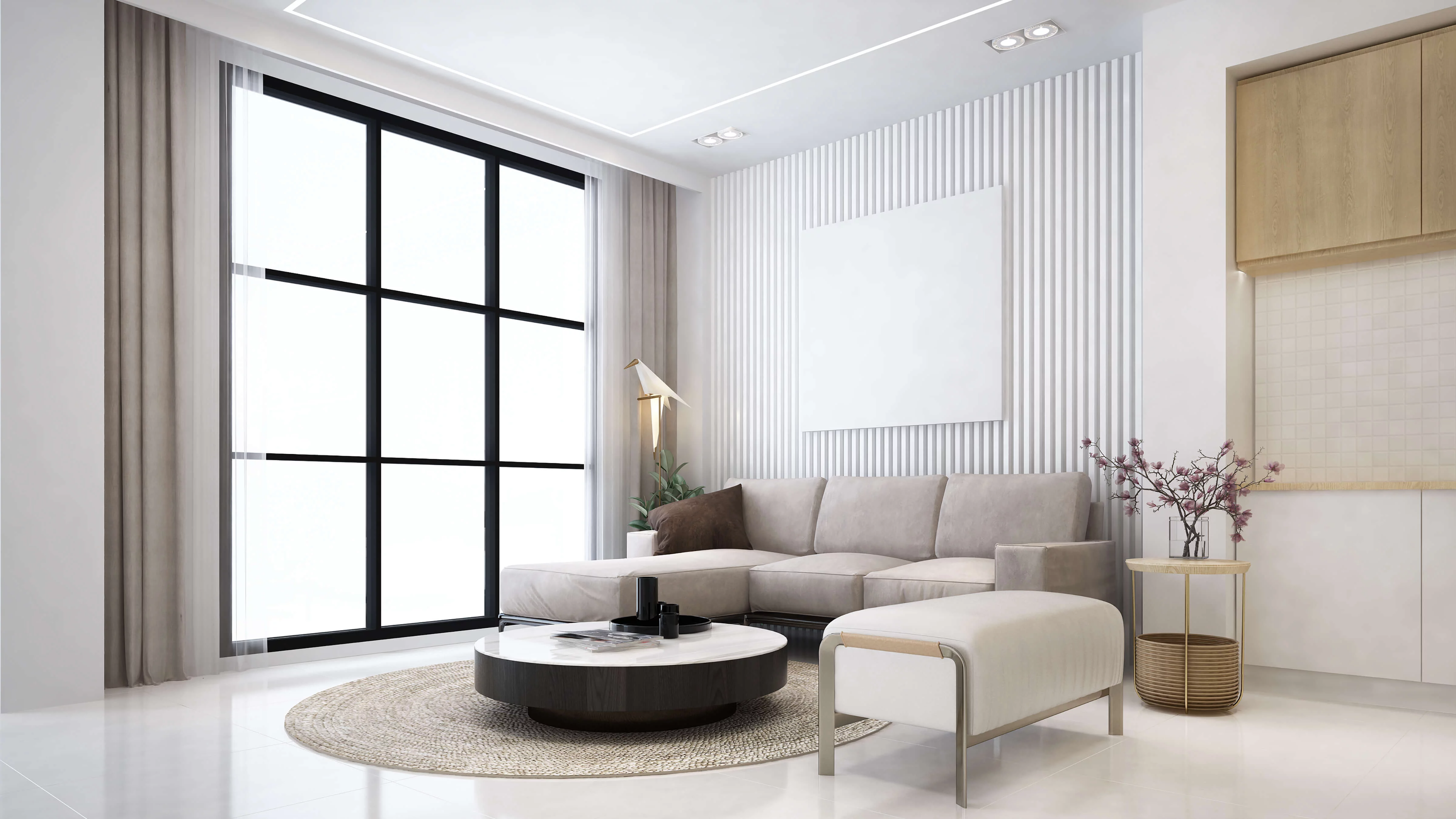"Your AC system is designed to remove both heat and a certain amount of moisture from indoor air. However, excessive humidity in summer can overwhelm it."
)
As temperatures soar during the summer, homeowners often rely heavily on air conditioning systems to keep their villas cool and comfortable. While temperature control is often the focus, a commonly overlooked factor that greatly impacts your AC’s performance is humidity. Specifically, humidity in summer can interfere with the way your cooling system works, leading to reduced comfort, higher energy bills, and even damage to your home and health.
Understanding how moisture in the air affects your villa’s cooling system is essential to maintaining indoor comfort and ensuring that your air conditioner functions efficiently throughout the warmer months.
Humidity refers to the amount of moisture or water vapor present in the air. During warmer months, especially in coastal or tropical regions, moisture levels in the air tend to rise. When humidity in summer climbs beyond optimal levels (typically above 50%), your indoor environment starts to feel warmer and stickier, even if the temperature is set correctly on your thermostat.
This sensation happens because moist air retains heat more effectively than dry air. That added moisture makes it harder for your body to cool itself naturally, meaning you feel warmer than you are. This leads to increased use of the air conditioner as you try to correct the perceived discomfort, often without solving the root problem.
Your AC system is designed to remove both heat and a certain amount of moisture from indoor air. However, excessive humidity in summer can overwhelm it. If there’s too much moisture in the air, the system struggles to maintain the desired temperature because it needs to work longer and harder to both cool the space and dehumidify it.
When the unit runs more frequently or for longer cycles, this not only drives up electricity usage but also increases wear and tear on components like the compressor and blower motor. Over time, this may lead to frequent breakdowns, costly repairs, or even early system failure.
Additionally, when the air is too moist, your AC may short-cycle, turning on and off rapidly. This often happens when an air conditioner is oversized for the space. It cools the air quickly but doesn't run long enough to remove moisture effectively. As a result, your villa might still feel warm and muggy despite the cool air coming out of the vents.
How do you know if the humidity in summer is affecting your villa? Here are some common warning signs:
When humidity in summer remains high indoors, it creates the perfect breeding ground for mold, mildew, bacteria, and dust mites—all of which can negatively affect your health. For people with allergies, asthma, or other respiratory conditions, this can be especially problematic. Over time, poor air quality can contribute to chronic respiratory issues.
Moreover, excess moisture doesn’t just stop at health concerns. It can affect the structure of your villa. Wooden flooring, beams, and furniture can warp or crack, wallpaper can bubble and peel, and moisture stains can appear on ceilings and walls. These damages can be costly to fix and may even affect the resale value of your property.
"Your AC system is designed to remove both heat and a certain amount of moisture from indoor air. However, excessive humidity in summer can overwhelm it."
Thankfully, there are multiple strategies to manage humidity in summer and protect both your air conditioning system and your home environment.
Modern HVAC systems are now often designed with built-in dehumidification features. These units can automatically adjust both temperature and moisture levels, making them especially effective for managing humidity in summer. Investing in a system upgrade may seem costly initially, but the long-term benefits in comfort, air quality, energy savings, and equipment lifespan can make it a smart move for villa owners.
Dealing with humidity in summer isn’t just about staying cool; it’s about maintaining a healthy, efficient, and structurally sound home. When your air conditioning system is forced to battle both high temperatures and excess moisture, its performance, efficiency, and durability can all be compromised.
